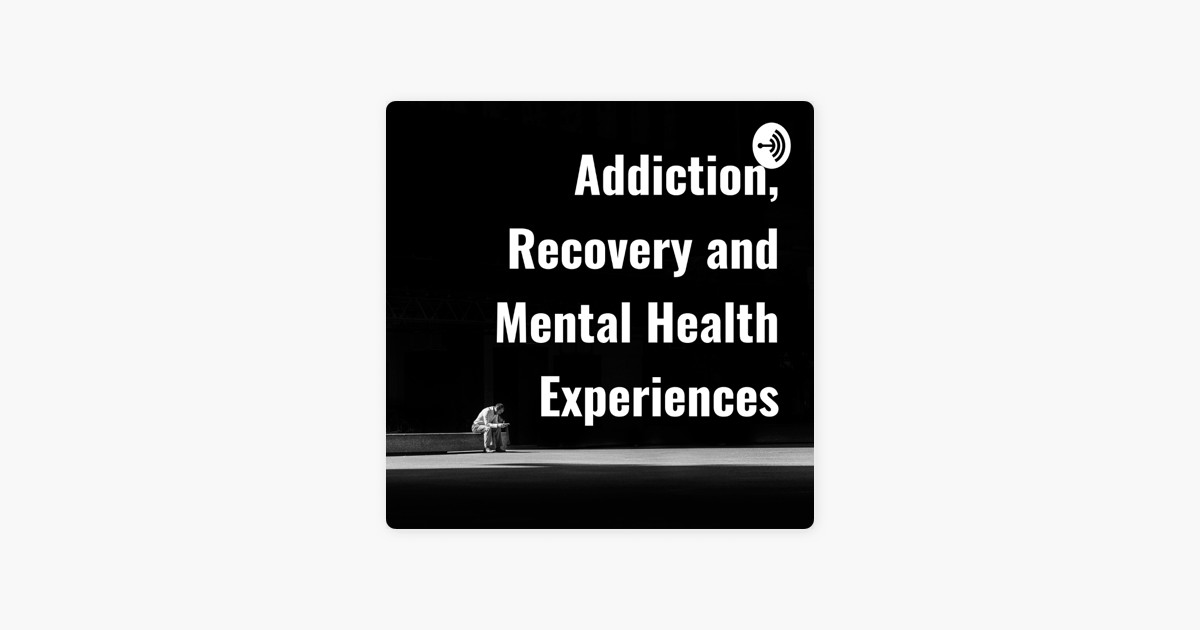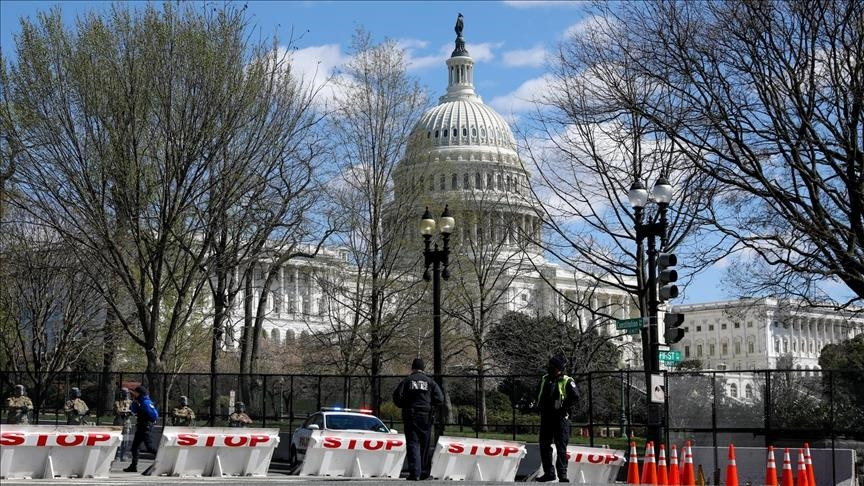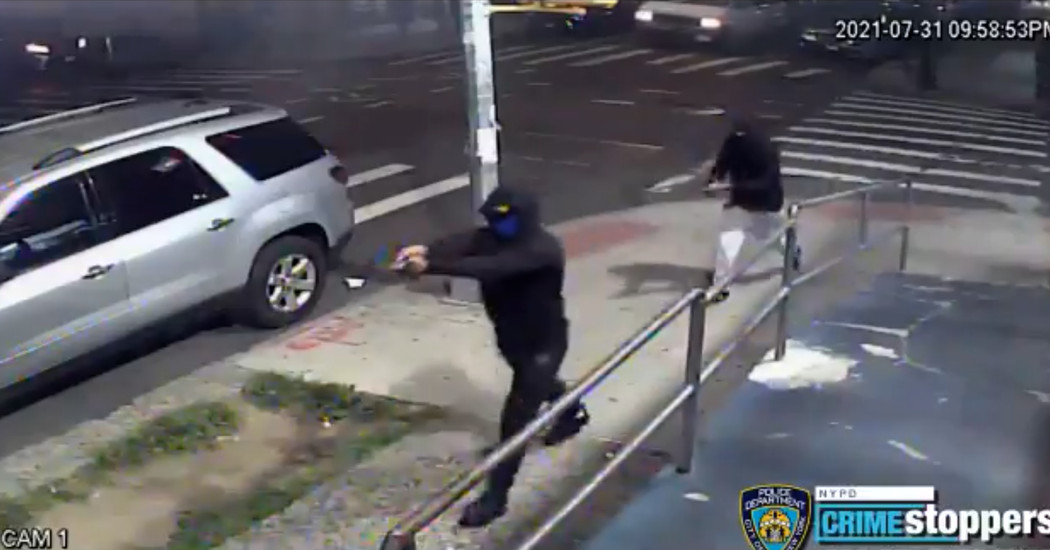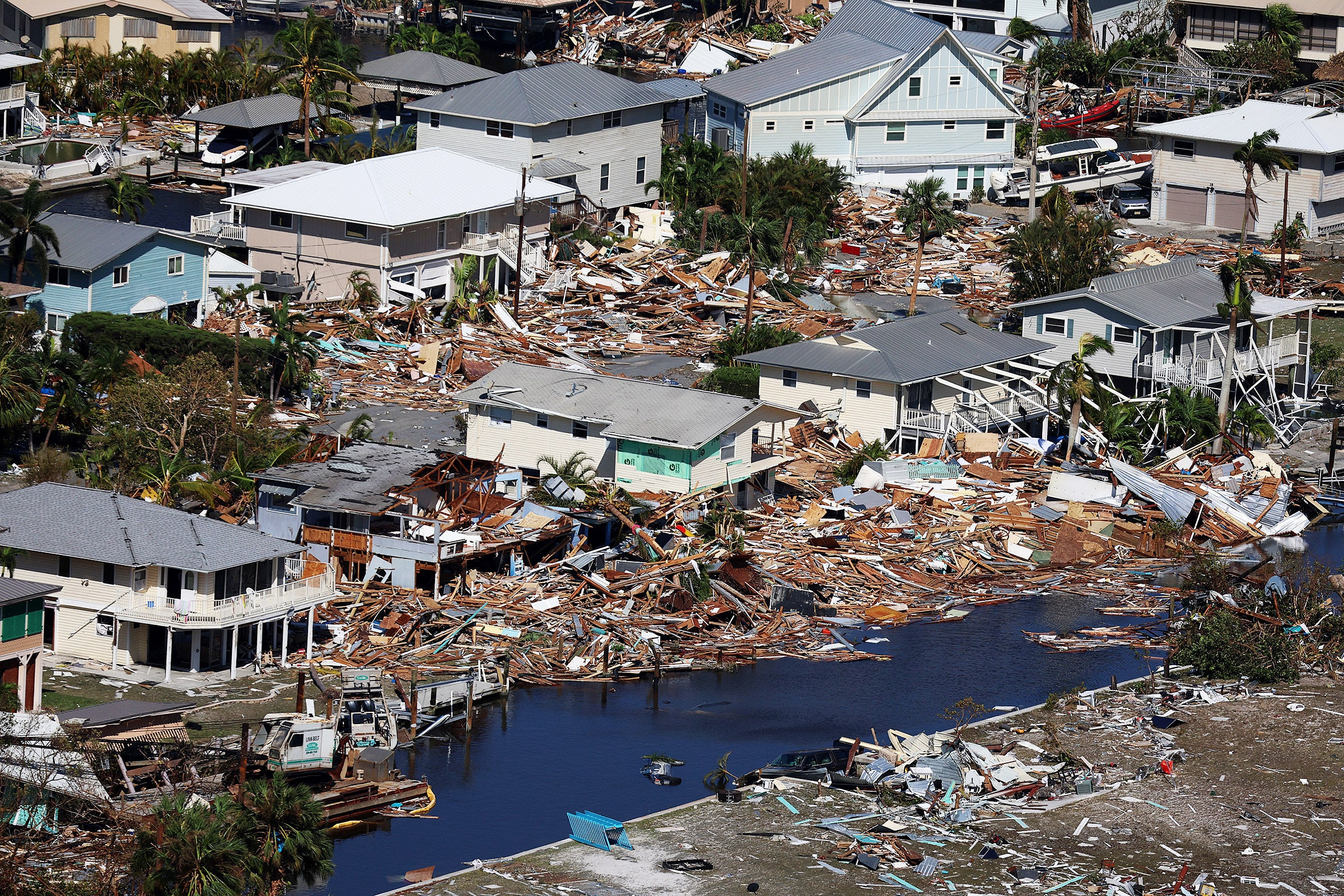B.C. To Introduce Involuntary Care for Those With Severe Addiction and Mental Health Issues
British Columbia will be opening “highly secure facilities” where people with serious addiction and mental health issues, as well as brain injuries, will receive involuntary care, officials said Sunday.
David Eby said the move is a response to the current system “struggling” to respond to people with three overlapping issues: mental illness, brain injuries and addiction to synthetic opioids or stimulants.
“It is absolutely critical to draw that distinction between the voluntary care that we need to expand and continue to expand, and this group of people that are incapable, by definition, of asking for the care that they need for the help that they need.”
The news conference comes after a review of the case of a triple-stabbing in Chinatown last year where the suspect, who had a violent history, was on a day pass from a forensic psychiatric facility. It also follows a gruesome homicide and maiming in Vancouver by a suspect that the city’s police chief described as a “very troubled” person.
Those crimes – in the lead-up to the provincial election – reignited a debate around involuntary treatment.
“The current response that we offer is not adequate. It is costly for the people struggling with these conditions. They are not safe. And, increasingly, I'm concerned that the way that they are interacting in our communities is making everybody less safe,” he said.
Expanding Involuntary Care
The province will establish facilities in regions across the province, with the first set to open in Metro Vancouver at a site called Monarch Homes on the grounds of the Allouette Correctional Centre. The capacity of this site was not mentioned at the news conference, but the office of the premier told CTV News, in an email, “there is room to scale up to 20.”
Designated units will also be set up in provincial jails, with the first 10 beds slated for the Surrey Pre-Trial Services Centre.
“Obviously, more needs to be done to keep our community safe and we will be guided by compassion and evidence, not by ideology,” Eby said.
While a specific timeline was not provided, Eby said the plan is to move forward “as quickly as possible” at the first two sites, where people can be held after being apprehended and detained under the Mental Health Act. Instead of releasing a person into the community, Eby said there will now be the option of moving them into one of these facilities without their consent.
“We're putting the pieces in place to make sure that person is released to an appropriate location for their safety and for the broader community safety,” Eby said.
“Despite the best clinical efforts, some patients remain unable to engage in the usual desirable process of voluntary care for this minority of cases,” he said.
“No one should be treated involuntarily that doesn't absolutely need to, and no one should be excluded from the services and medication they require to stay alive and keep the community safe when they are too mentally impaired to seek them out themselves.”
Concerns and Criticism
BC Conservative Leader John Rustad was quick to react to the announcement, slamming Eby for “flip-flopping” on the issue and describing the move as “political posturing” as the election draws closer.
“Now, after our party clearly outlined a plan to bring compassion and accountability to addiction treatment, Eby is suddenly pretending to be on board,” Rustad said in a statement.
Rustad’s party announced last week it would enact legislation and create facilities to enable involuntary treatment of people with “severe” addictions.
“People of all ages are being abandoned to their addictions, left to suffer and die while this government hands out drug supplies instead of real help,” said Rustad in a news release.
Green Party Leader Sonia Furstenau also responded with swift criticism – although for different reasons. She accused the premier of following Rustad off a “reactionary cliff” by proposing involuntary treatment, saying it won’t solve individual or social problems.
“Where are the investments in prevention and addressing the root causes of what we’re seeing in our communities?” she asked.
“Instead of proposing a positive vision for B.C. Eby is appealing to fear, which is a political strategy that fails to recognize the responsibility of governments to address systemic failures.”
Furstenau also questioned whether there is sufficient evidence to support the argument that involuntary care has positive outcomes for people who are suffering or that it leads to a decrease in repeat offending.
A Complicated Issue
The announcement of new facilities for involuntary care for people with severe addiction and mental health issues has sparked a debate about the effectiveness and ethics of such an approach. While some see it as a necessary step to address the complex challenges faced by this vulnerable population, others argue that involuntary treatment is not effective and can be harmful. The ongoing debate highlights the need for a nuanced and evidence-based approach to addressing the complex needs of people with addiction and mental health issues. It also raises questions about the role of government in ensuring the safety and well-being of individuals, while respecting their rights and autonomy.

















